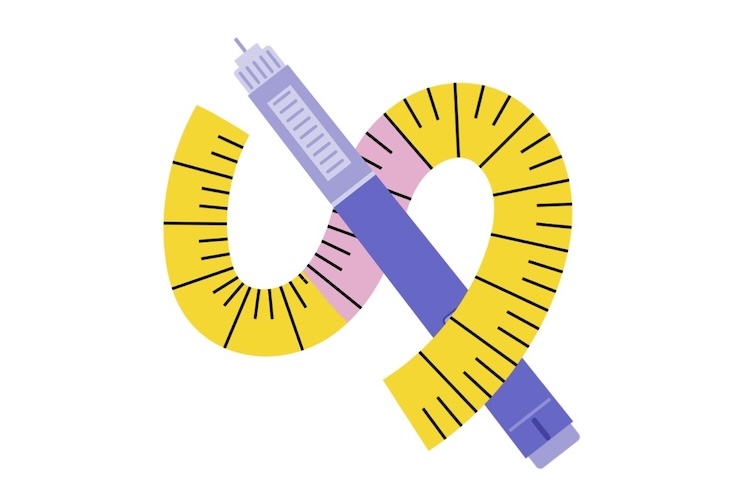What do GLP-1 receptor agonists actually do?
The medical director of the VCU Health Medical Weight Loss Program explains what these medications do to the body and why they might not be suited for everyone.
July 01, 2025 GLP-1 receptor agonists were first approved in the U.S. to treat obesity in 2014. (Getty Images)
GLP-1 receptor agonists were first approved in the U.S. to treat obesity in 2014. (Getty Images)
By Joan Tupponce
With the popularity of weight loss and obesity medications soaring, it’s important to know all the ins and outs of glucagon-like peptide-1 (GLP-1) receptor agonists.
Susan Wolver, M.D., medical director of the VCU Health Medical Weight Loss Program, has been prescribing GLP-1 receptor agonists since they were first approved by the U.S. Food and Drug Administration to treat obesity in 2014. While the first injection medication was not much more effective than some of the oral medications available at the time, this all changed when doctors and patients found increased effectiveness of the drugs with the introduction of Wegovy in 2021.
We spoke with Wolver about the science behind these drugs and how they may affect you.
How do GLP-1 receptor agonists affect your body?
Glucagon-like peptide-1 receptor agonists are medications that mimic the action of the natural hormone GLP-1, which is released from the gut after eating.
Simply put, these medications do the following:
- Stimulate the pancreas to release more insulin when blood sugar is high.
- Suppress the release of glucagon (a hormone that raises blood sugar).
- Slow down how quickly the stomach empties food.
- Reduce appetite by acting on the brain’s satiety centers.
These changes help to improve glucose levels and can reduce how many calories you’re eating, which is why GLP-1 receptor agonists are used for both diabetes and obesity.
Can GLP-1 receptor agonists help other parts of your body?
In addition to the GI tract and brain, as mentioned above, there are GLP-1 receptors in many other areas of the body, including the heart, lung and nervous system. These medications are now FDA-approved for patients who have higher body weight with other conditions like heart attack, stroke, peripheral arterial disease or sleep apnea.
There are clinical trials investigating how these medications may impact certain kinds of heart failure and fatty liver disease, also known as metabolic dysfunction-associated steatohepatitis (MASH). Some of these studies are happening at VCU.
Are there any side effects?
We are learning more about side effects of these drugs as they come into more use. However, most patients say they can tolerate them fairly well. The most common side effects are nausea, vomiting, constipation, diarrhea and heartburn.
Why are GLP-1s not good for everyone?
GLP-1s are an effective tool that can be part of an effective obesity treatment plan. However, it is only one part. Lifestyle modifications including diet, exercise and behavior change are also important components that must not be overlooked.
Since these medications can suppress appetite, caution should be taken in patients who already have a poor appetite. At the VCU Health Medical Weight Loss Program, patients are monitored carefully to make sure they continue to adequately nourish themselves and continue to develop a healthier lifestyle.
In addition, weight loss medications are generally not prescribed for patients with eating disorders, and, therefore, patients should be screened for these conditions. Since the most effective current medication (tirzepatide) is only expected to give about a 21% weight loss, those with higher BMIs, may want to consider bariatric surgery as an option.
Also, patients with a history of pancreatitis and a personal or family history of a certain type of thyroid cancer (medullary thyroid cancer) should not use these medications.
Check out what patients are saying about the VCU Health Medical Weight Loss Program




